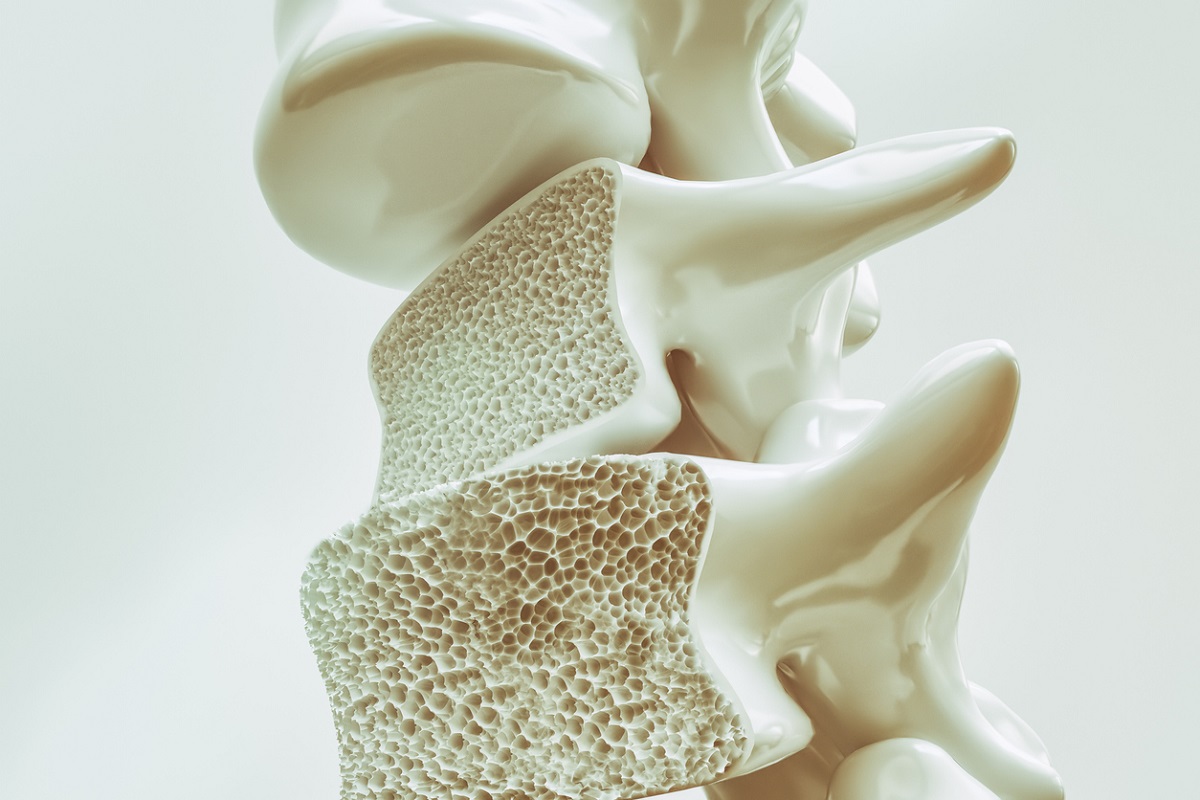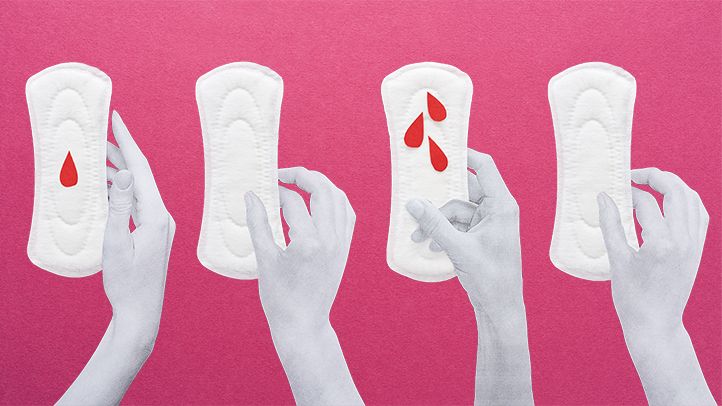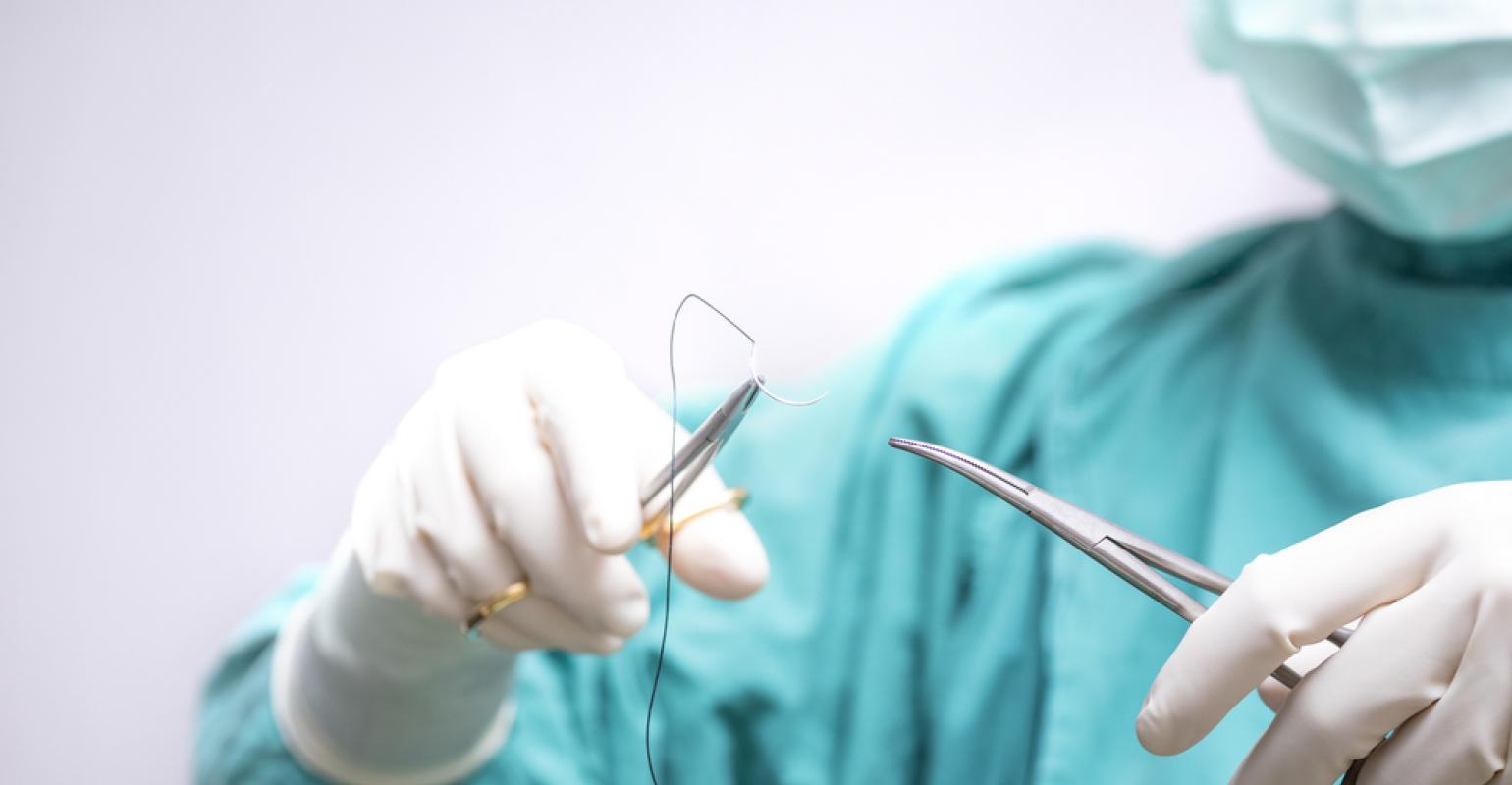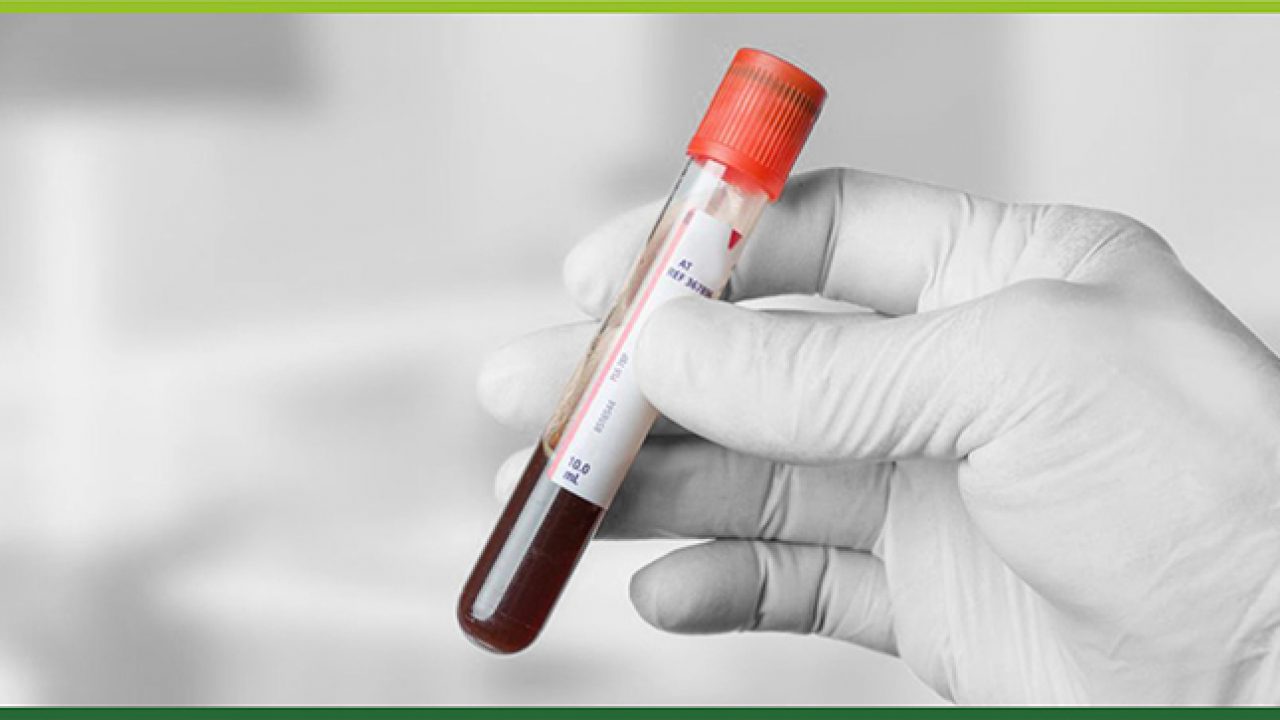The 13 habits that threaten the health of your teeth
Dental health plays an important role in your nutrition, beauty, and overall health, and fixing dental problems can be painful and expensive. To keep our teeth healthy, we should brush, floss, and visit the dentist regularly. Your daily routine should include dental care. Besides these cares, you should also avoid habits that damage your teeth.

1. Instead of using tools, use your teeth
People often use their teeth for odd jobs such as opening food packages, opening nail polish, adjusting watches, or even removing tags. It puts a lot of pressure on your teeth and can damage them or even break them.
Instead of using your teeth, use scissors or pliers. If your hands are full, don’t use your teeth as an extra hand. Holding objects with your teeth can cause you to swallow them or transfer germs to your mouth. It is important to remember that teeth are only used to chew food
2. Biting your nails
You’re not the only one who bites their nails when anxious. About 30% of people struggle with this problem and find it difficult to stop biting their nails. You should know, of course, that this habit has many negative effects on your oral and dental health. Due to the hardness of the nail and the pressure of chewing, biting your nails may reposition your jaw or break a tooth.
It is possible to develop oral disease and jaw problems as a result of chronic nail biting, including pain in the jaw or protrusion of the jaw. Bitter nail polishes can help you break this habit. A psychologist can help if this problem is associated with anxiety or hyperactivity (ADHD).
3. Ice chewing
Ice seems like a great way to cool off on hot summer days, but chewing on it can damage the enamel and damage your teeth. It would be better if you didn’t chew ice to cool down. You can, for example, sprinkle cool water on yourself. Using ice in your drinks will also prevent you from chewing it.
There are times when people with iron deficiency crave non-food items such as ice. It’s a good idea to get your blood iron tested if you have a strong urge to chew ice.
4. Mouthguards for sports
No matter if you’re training for the Olympics or just working out on the weekend. It is always a good idea to wear a mouth guard when participating in some sports. Athletes without dental protection are 60 times more likely to suffer dental injuries, broken teeth, and tooth loss.
Contact sports such as hockey and football are more likely to cause dental injuries. Gymnastics, swimming, and dancing can also be dangerous for your dental health. Some mouthguards are adjustable to fit different mouth sizes, so finding one is not difficult.
5. Oral piercing or decorative ring
Some people pierce their tongues or lips and wear various piercings and rings. While these rings may be beautiful, they also carry many risks, including:
Accidentally breaking tooth enamel;
Increased risk of fractures and damage to teeth;
Scratching the gum;
There is an increased risk of infection, which can be severe in some cases.
You should choose a place outside your mouth if you want a piercing. To avoid infection, you should always keep your piercings clean. If you have a piercing on your tongue or lip, you should ask your dentist how to maintain it.
6. Teeth grinding
From stress to crooked teeth, there are many reasons for teeth grinding. Sleeping grinds teeth unconsciously for many people. The teeth are damaged a lot when they are ground or ground. A tooth can break or chip as a result of this depletion of enamel over time.
A mouth guard for sleeping can be obtained from your dentist if you think or are sure you grind your teeth at night. It reduces pressure on the teeth by providing a soft layer between the upper and lower teeth.
7. Consuming sugary and starchy foods
Teeth, gums, and mouth health are very closely related to diet. Candy and chips, which are high in sugar and starch, can increase the risk of tooth decay. Drinking sweet drinks also increases the risk of swelling and inflammation of the gums.
The bacteria that live in your mouth and on your teeth eat the leftovers from sugary drinks and starchy foods. Bacteria produce acids that damage tooth enamel by eating these substances. Your teeth’s condition is affected by the foods you eat and how often you eat them. Your tooth enamel is more likely to be damaged if you eat junk food all day.
Avoid sugary and starchy foods to prevent tooth decay. After eating, brush your teeth to remove food residue. If you are unable to brush your teeth at that time, rinse your mouth with water. You should also limit your eating and drinking to main meals to prevent bacteria from damaging your teeth.
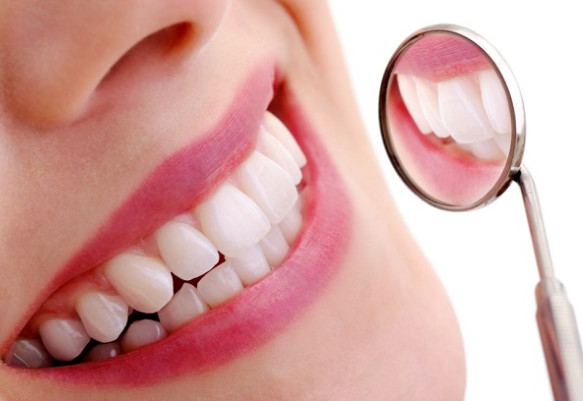
8. Using a pencil as a chewing gum
You should stop chewing on the bottom of your pencil or pen if you chew on it when you are anxious or thinking. Chewing a pencil puts a lot of pressure on your teeth and can cause them to crack or break, just like chewing ice. When you chew on your pencil or pen, you transfer bacteria and other contaminants to your mouth.
9. Hard brushing
It is recommended that you brush your teeth twice a day for two minutes each time. Overbrushing can be harmful, as some people brush too hard. You may experience tooth enamel erosion, receding gums, and sensitive teeth as a result. Take your hand lightly and brush gently. During your next dental checkup, ask your dentist if you’re pushing too hard. Your dentist will recommend the best way to brush your teeth.
10. smoking
Smoking damages the health of teeth and gums, which is one of the reasons for quitting. You are more likely to develop gum disease when you smoke because your body has to fight infections harder. Additionally, smoking slows the healing process, so if you develop gum disease or other oral diseases, it will take longer to recover. Smoking stains and yellows your teeth. The smell of cigarette smoke also irritates the mouth.
There are many ways to quit smoking. To curb your urge to smoke, you can use nicotine gum or a skin patch.
11. Placing the tongue on the teeth
People sometimes press their tongue between their upper and lower teeth when swallowing food instead of pressing it against the gum behind their upper teeth. This work can cause a lot of damage to teeth, according to dental experts. This habit can also cause headaches, snoring, sleep apnea (temporary cessation of breathing), tooth decay, and orthodontic problems. You should pay attention to swallowing your food from now on, and if you do, stop.
12. Neglecting oral hygiene
Oral hygiene measures should not be ignored. In other words, you should floss, brush your teeth, clean your tongue, and use mouthwash. It is true that some dentists advise against using antibacterial mouthwashes since they destroy all the bacteria in the mouth and can result in bad breath.
13. Brushing with a stiff toothbrush
The stronger the toothbrush, the better, according to some people. But not really, especially for the elderly. A person’s gums recede as they age, exposing the root of the tooth, increasing sensitivity. Cementum covers the root of the tooth, which is more easily destroyed than enamel. Brushes with firm bristles can irritate the gums and cause tooth sensitivity.



